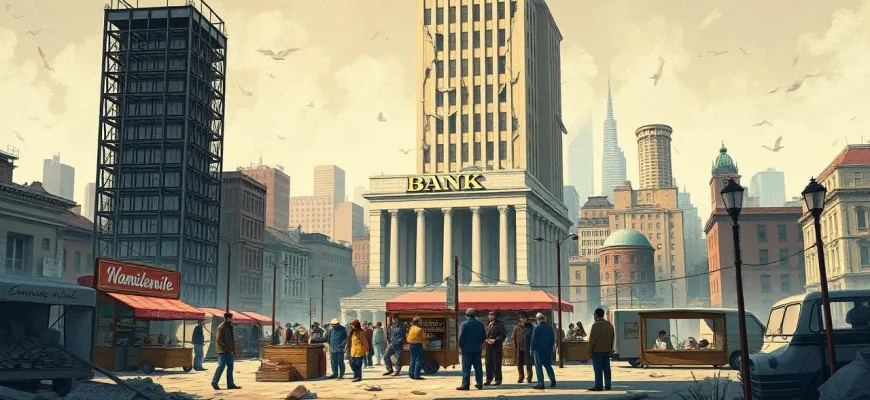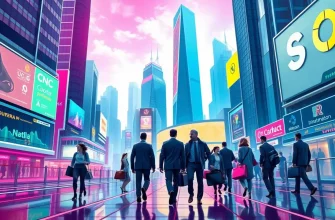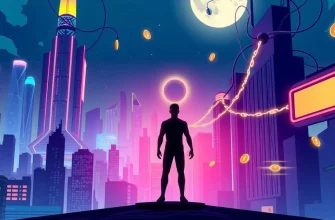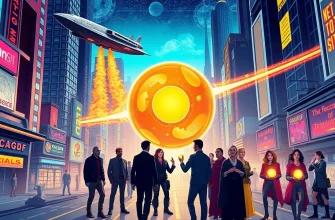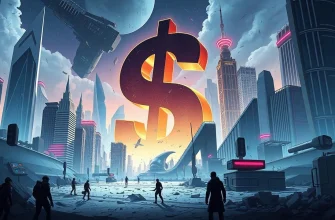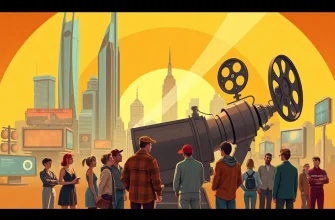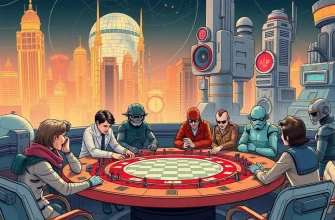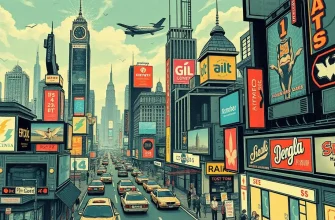In a world where economic stability can be as fragile as a house of cards, these sci-fi films delve into the chaos and innovation that arise from economic crises. From dystopian futures to post-apocalyptic wastelands, these movies offer a speculative look at how societies might cope with, or crumble under, financial collapse. Here's a curated list of films that not only entertain but also provoke thought about our economic systems and their potential futures.

The Matrix (1999)
Description: While not explicitly about an economic crisis, 'The Matrix' delves into a world where humans are enslaved by machines, and the concept of reality itself is a commodity controlled by those in power.
Fact: The Wachowskis developed the concept for 'The Matrix' after reading "Simulacra and Simulation" by Jean Baudrillard, which explores the idea of hyperreality.
 Watch Now
Watch Now
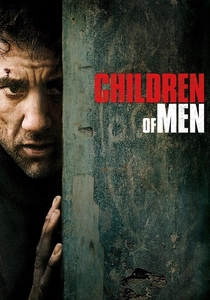
Children of Men (2006)
Description: Set in a world where humans can no longer reproduce, the film indirectly addresses economic collapse through the lens of societal breakdown and the desperate search for hope.
Fact: The film includes a single-take scene that lasts over six minutes, showcasing the chaos of a dystopian society.
 Watch Now
Watch Now

Equilibrium (2002)
Description: In a future where emotions are outlawed to prevent war and economic instability, this film examines the cost of such a society and the inevitable rebellion against it.
Fact: The film was shot in Berlin, Germany, to take advantage of the city's post-war architecture, which fit the film's dystopian aesthetic.
 Watch Now
Watch Now
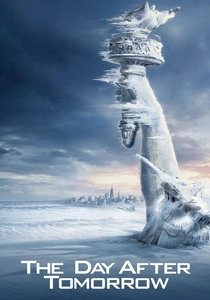
The Day After Tomorrow (2004)
Description: While primarily a disaster film, it touches on the economic fallout of a sudden climate shift, showing how quickly economies can crumble under environmental pressures.
Fact: The film's depiction of a superstorm was inspired by real-world climate change discussions and the potential for abrupt climate change.
 Watch Now
Watch Now

The Island (2005)
Description: This film explores a society where clones are created for organ harvesting, highlighting the commodification of human life and the economic implications of such practices.
Fact: The film's concept was inspired by a real-life case in South Korea where a scientist was found to have created human clones for research.
 Watch Now
Watch Now

Elysium (2013)
Description: Set in the 22nd century, 'Elysium' explores the stark divide between the wealthy living in space and the impoverished masses on Earth, highlighting the economic disparity and the resulting crises.
Fact: The film's director, Neill Blomkamp, was inspired by the real-world economic divide in South Africa. The space station Elysium was designed to look like a luxurious, floating paradise.
 Watch Now
Watch Now

In Time (2011)
Description: In this film, time is literally money, and the rich live forever while the poor must work to buy more time. It's a unique take on economic inequality and the desperation it breeds.
Fact: The film's concept was inspired by the idea of time as a currency, a metaphor for the value of time in our lives. Justin Timberlake's character has a tattoo that reads "11:11," which is a reference to the film's time-based economy.
 Watch Now
Watch Now
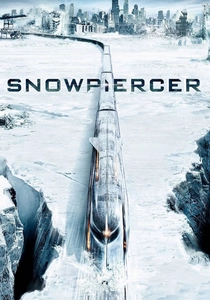
Snowpiercer (2013)
Description: After an attempt to stop global warming goes awry, the world is frozen, and survivors live on a perpetually moving train. The film explores class warfare and economic disparity in this new world order.
Fact: The film is based on the French graphic novel "Le Transperceneige." Director Bong Joon-ho had to fight to keep the film's ending as it was in the original script.
 Watch Now
Watch Now
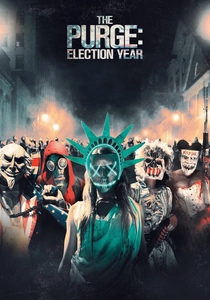
The Purge: Election Year (2016)
Description: This installment in 'The Purge' series explores the economic and political implications of a night where all crime is legal, focusing on the economic divide and the manipulation of economic crises for political gain.
Fact: The film was the first in the series to delve into the political motivations behind the Purge, reflecting real-world economic and political manipulation.
 Watch Now
Watch Now
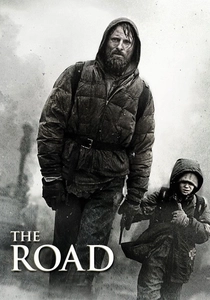
The Road (2009)
Description: This film paints a bleak picture of a post-apocalyptic world where resources are scarce, and the economy has collapsed. It's a stark reminder of how fragile our economic systems can be when faced with environmental catastrophe.
Fact: The film was adapted from Cormac McCarthy's Pulitzer Prize-winning novel of the same name. Viggo Mortensen lost significant weight to portray the gaunt father figure.
 30 Days Free
30 Days Free

